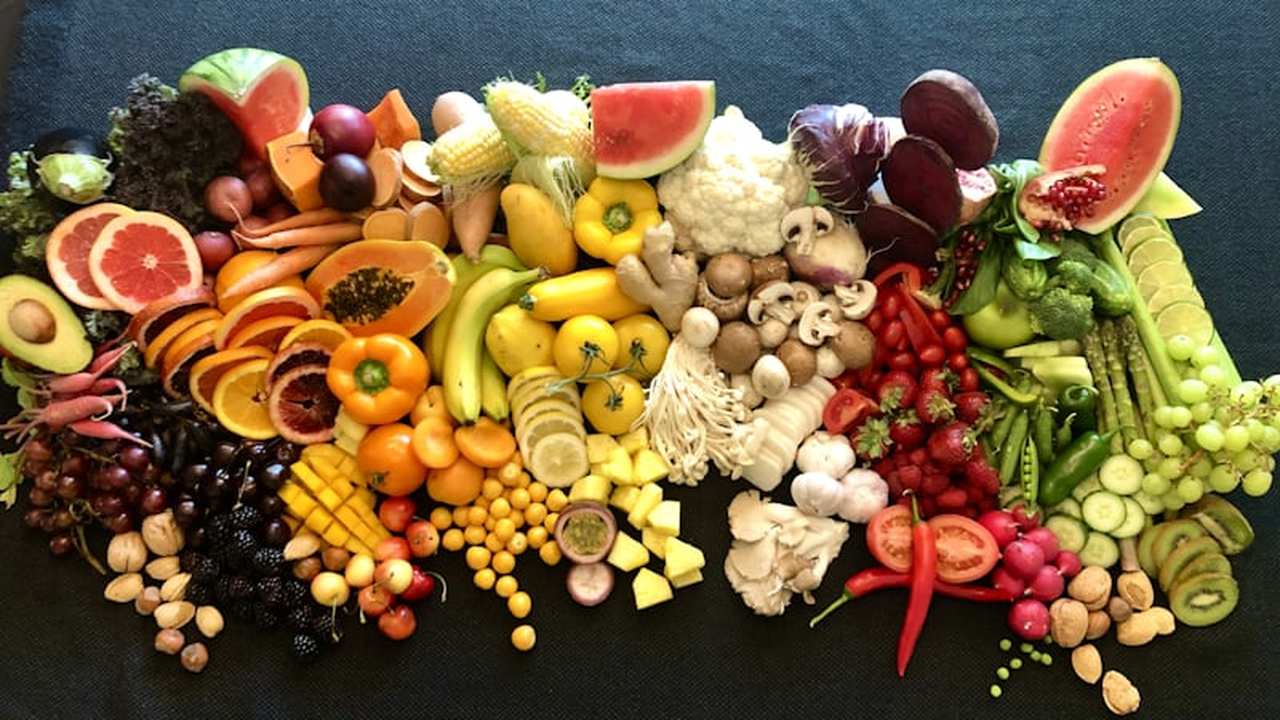 The European food ingredients sector is witnessing an unprecedented surge in M&A activity, poised to set a new record in 2025. With 40 deals already sealed this year, valued at €3.87bn, the industry is abuzz with strategic acquisitions and partnerships. A report by Oghma Partners highlights the driving forces behind this boom, from the pursuit of geographical diversification and innovative assets to the emphasis on sustainability. As cross-border M&A dominates the landscape, companies like IFF, Novozymes, and DSM are at the forefront of this dynamic market. Stay tuned to explore how smaller innovators and private equity are reshaping the sector, while trends like dual-functional ingredients and sustainable sourcing reshape the future of food ingredients.
The European food ingredients sector is witnessing an unprecedented surge in M&A activity, poised to set a new record in 2025. With 40 deals already sealed this year, valued at €3.87bn, the industry is abuzz with strategic acquisitions and partnerships. A report by Oghma Partners highlights the driving forces behind this boom, from the pursuit of geographical diversification and innovative assets to the emphasis on sustainability. As cross-border M&A dominates the landscape, companies like IFF, Novozymes, and DSM are at the forefront of this dynamic market. Stay tuned to explore how smaller innovators and private equity are reshaping the sector, while trends like dual-functional ingredients and sustainable sourcing reshape the future of food ingredients.
Geographical Diversification Driving M&A Surge
The surge in M&A activity within the European food ingredients sector is primarily fueled by the pursuit of geographical diversification. Companies like IFF and DSM are strategically acquiring businesses in regions like Spain, France, and the UK to expand their market presence and access new consumer demographics. This trend aligns with the findings of the Oghma Partners report, emphasizing the importance of tapping into diverse markets to drive growth and innovation. As the market becomes increasingly globalized, cross-border M&A transactions account for over 65% of the deals, showcasing the industry's commitment to expanding beyond traditional boundaries.
Moreover, the focus on geographical diversification is not only about market expansion but also about risk mitigation and resilience. By establishing a presence in multiple regions, companies can navigate geopolitical uncertainties and supply chain disruptions more effectively. This strategic approach enables players like Novozymes to leverage local expertise and resources, fostering sustainable operations and enhancing their competitive edge in a rapidly evolving market landscape.
Innovation and Sustainable Operations as Key Drivers
Innovation and sustainability have emerged as pivotal drivers behind the surge in M&A activity within the food ingredients sector. Companies are actively seeking out innovative assets and sustainable practices to differentiate themselves in a competitive market environment. IFF's merger with Dupont's Nutrition and Biosciences business in 2019 exemplifies the industry's focus on incorporating cutting-edge technologies and sustainable solutions into their product offerings. This strategic alignment with sustainability not only resonates with consumer preferences but also aligns with ESG goals, positioning companies for long-term success and resilience.
The emphasis on sustainable operations extends beyond mere compliance with regulations; it reflects a fundamental shift towards responsible business practices and ethical sourcing. DSM and Feremich's merger in 2023 underscores the industry's commitment to driving positive environmental and social impact through strategic partnerships. By integrating sustainability into their core business strategies, companies can not only mitigate risks but also capitalize on emerging opportunities in the evolving food ingredients landscape.
Demand for Dual-Functional Ingredients and Alternatives
The increasing demand for dual-functional ingredients, which offer both sensory qualities and practical functions, is reshaping the food ingredients market. Companies like IFF are investing in research and development to create innovative solutions that cater to evolving consumer preferences for multifunctional products. This trend aligns with the industry's focus on enhancing product efficacy and consumer experience while driving operational efficiency and cost-effectiveness.
Furthermore, the disruptions in the supply chain, such as the impact of climatic pressures and geopolitical instability on ingredients like gum Arabic, are prompting companies to explore alternative sourcing strategies. Novozymes and Chr. Hansen's merger in 2023 highlights the industry's proactive approach to mitigating supply chain risks by diversifying sourcing channels and investing in sustainable alternatives. By embracing flexibility and innovation in ingredient sourcing, companies can adapt to changing market dynamics and ensure continuity in their operations.
Private Equity's Influence on M&A Landscape
Private equity firms have emerged as significant players in the food ingredients M&A landscape, accounting for over two-fifths of the total deal output since 2020. Their active involvement in strategic acquisitions and investments underscores the industry's attractiveness to financial investors seeking growth opportunities and value creation. Companies like IFF and DSM are increasingly partnering with private equity firms to fuel their expansion and innovation initiatives, leveraging their expertise and capital to drive strategic growth and market consolidation.
The partnership between industry players and private equity firms not only injects capital into the sector but also brings in specialized knowledge and operational efficiencies. This collaboration enables companies to access new markets, technologies, and capabilities, accelerating their growth trajectory and enhancing their competitive positioning. As the food ingredients market continues to evolve, the strategic alliances between companies and private equity investors will play a pivotal role in shaping the industry's future landscape and driving sustainable growth.
Conclusion
The surge in M&A activity within the European food ingredients sector reflects a strategic shift towards geographical diversification, innovation, and sustainability. Companies like IFF, Novozymes, and DSM are spearheading this transformation, emphasizing the importance of tapping into diverse markets, embracing sustainable practices, and fostering innovation. As private equity firms play a significant role in driving growth and value creation, the industry's future lies in strategic partnerships that prioritize sustainability, resilience, and ethical practices. The evolving landscape of dual-functional ingredients and alternative sourcing underscores the sector's commitment to meeting consumer demands while navigating supply chain challenges. In a rapidly changing market environment, the success of companies will hinge on their ability to adapt, innovate, and collaborate for a sustainable and prosperous future.